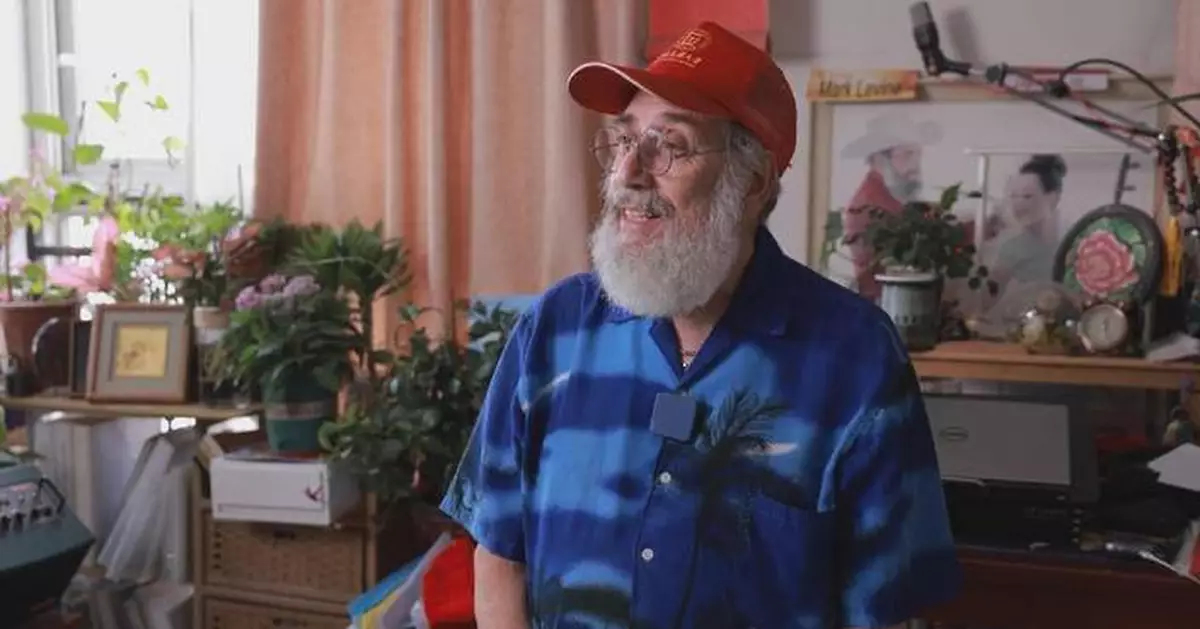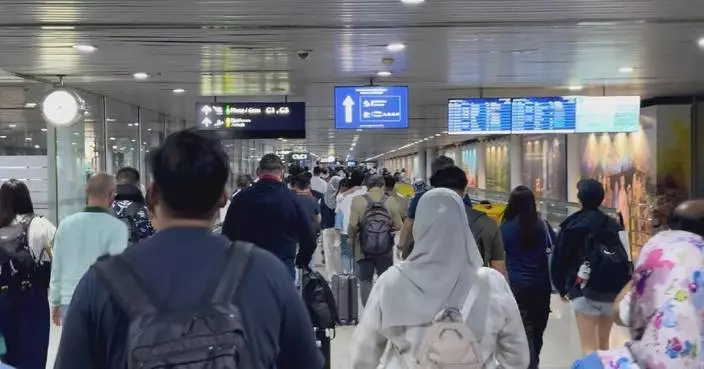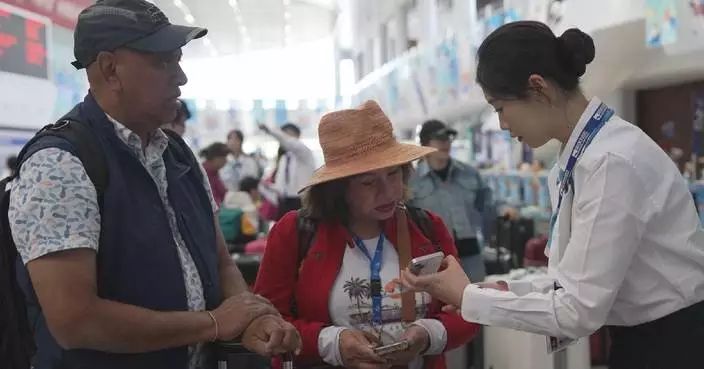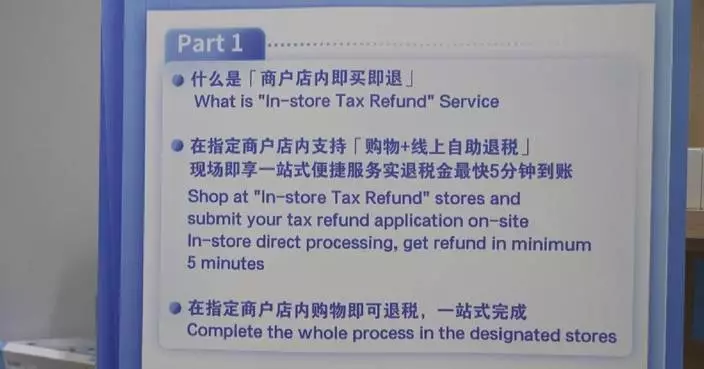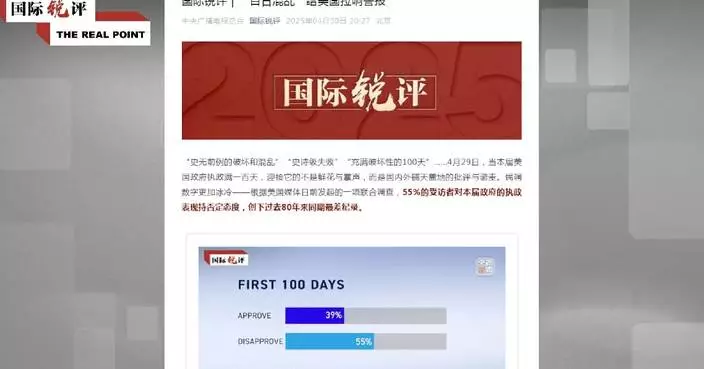Professor Mark Levine, a seasoned American expatriate in China for 19 years, embodies firsthand insights into life in China and its evolving efforts to enhance residency for foreigners.
Levine came to China in 2005 and just one year after, he found the reason he was determined to stay in China.
"I came to China actually for just one year, and at the end of that year I decided I was going to stay on. A lot of it had to do with understanding not only the need for improving the ability of students and others to speak English, but also recognizing that there was just as many people outside of China who misunderstand things about China. I found many Chinese people misunderstood a lot of things about the United States. And I figured I could do something to help fix that," said Levine.
Over the past 19 years, Levine has not only contributed to education, but has also written dozens of songs about China, published several books telling the story of China through words and songs.
"I understand that in my country and many other countries in the world, there is a misunderstanding about China – some of it is intentional. And here I am, an American in China and I see this. And I figured, well, I have the ability to be able to communicate what’s truly going on here, what life is like and how the Chinese people respond to life, to me and to other things. Therefore, I have the ability. So maybe I also have a responsibility," he said.
For his outstanding contributions in the field of education and cultural exchange, Mark was awarded the Chinese Government Friendship Award in 2014, the highest award the country bestows on foreign experts working in China. With him having made this country his home, China has responded in equal measure - with tolerance and warmth.
In 2016, Mark was granted permanent residence status in China. In January this year, he applied for the new version of the permanent resident ID card - a month after it was issued - known as the "five-star card" for its star-shaped symbol.
"The five-star card has 18 numbers, which is just like your ID card. Therefore, it would be more convenient, gives me more options. You can go check-in at a hotel, they put the card under a scanner – which reads it and shows my picture," said Levine.
China attaches great importance to facilitating foreigners' residency - as a priority in its deepening reform efforts. On February 6, 2017, the Central Committee for Comprehensively Deepening Reform adopted a program to improve permanent residence documents for foreigners. Now, foreign residents like professor Levine can use the five-star card as a legal ID for transportation, accommodation, banking, tax services, and more.
"The reform of permanent residence permits for foreigners is another initiative by the National Immigration Administration to implement the talent empowerment strategy, attracting overseas talents, facilitating their study and residence in China," said Mao Xu, director of the department of foreigner management under the National Immigration Administration.
Currently, the number of foreign residents in China has surpassed 700,000. The influx of foreign enterprises and talents has brought investment and technology, boosting local economic development and promoting cultural exchange.
China is continuously deepening its openness, simplifying procedures for foreigners to come to China. In the first half of this year, foreign entries through all ports reached 1.46 million, a year-on-year increase of 152.7 percent. Among them, 854,200 were visa-free, accounting for 52 percent.
Up till now, China's 72- and 144-hour visa-free transit policies cover 54 countries, facilitating foreign entry and demonstrating China's openness.
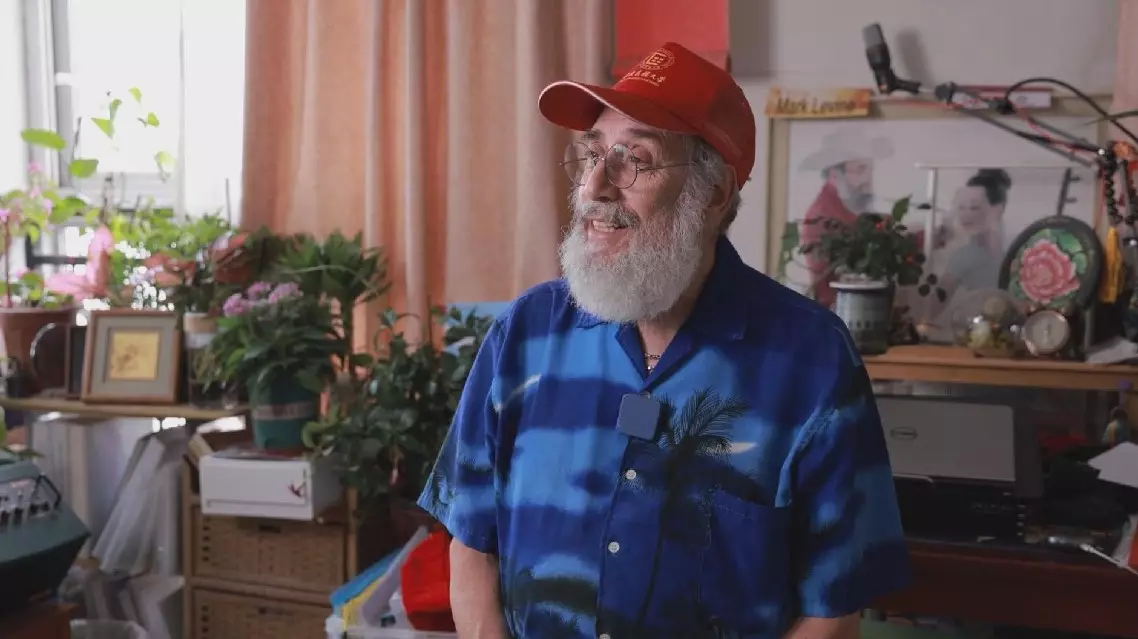
American expat in China champions enhanced residency efforts with 'five-star' ID card


